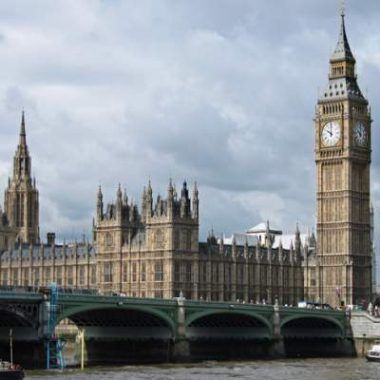NHS England must step up its drive to remove ‘ghost patients’ from practice lists as inaccuracies could be having a knock-on impact on CCG funding allocations, an influential committee of MPs has said today.
In a report by the Commons Public Accounts Committee (PAC), MPs found a huge disparity in CCG funding allocations, and put part of this down to the fact they rely on practice lists as a measure of population size, which they claim contain a number of inaccuracies.
The committee concluded that NHS England should take ‘immediate action’ to ensure area teams are validating practice lists.
Pulse revealed in September that thousands of patients had been wrongly removed from GP lists and forced to reregister as overzealous area teams tried to cut costs.
But the PAC says that NHS England should ensure local area teams comply with its guidelines designed to increase the number of reviews of patient lists.
The report recommends: ‘NHS England should take immediate action to ensure that all area teams are complying with its guidance on GP list validation, at the same as taking forward its longer-term plans to gain greater assurance over the data.
‘[Despite improvements] GP list numbers still tend to be inflated as people may remain on lists after they have moved out of an area. This is a particular issue in areas with more transient populations.’
‘At the same time, GP lists do not include unregistered patients which may affect areas with high levels of inward migration. Most of NHS England’s area teams have done some work to validate GP lists, but NHS England accepts that it needs to do more.’
Related stories
GPs set to face extra crackdown on ‘inflated’ patient lists
Ghost patient drive comes back to haunt GPs
‘We’ve had patients here for years who have suddenly been removed’
They also called for NHS England to address the plummeting proportion of funding which is devoted to primary care, and to overhaul the primary care funding allocation formula, this time with greater input from advisory bodies.
Last year NHS England announced a redesign of CCG funding formula to take better account of deprivation, and now the committee is urging them to do the same for the primary care formula before the 2016-17 round of funding allocation.
The report states that two fifths of CCGs are still more than 5% above or below the target funding allocations, with variation from £137 per person below target, up to £361 per person above target.
It said this ‘has important implications for the financial sustainability of the health service’, as 19 of the 20 CCGs predicted to end the year in, or close to, deficit were being underfunded.
Dr Richard Vautrey, deputy chair of the GPC, said: ‘Variation in local funding is a longstanding problem which has not been addressed for many years. While the pace of funding improvements for CCGs has been very slow, general practice has been subjected to very rapid and unreasonable funding changes which are having a major impact on some GP practices, especially in rural areas and some areas of significant deprivation, as they lose much needed investment.’
PAC chair Margaret Hodge MP said: ‘At the current rate, it would take around 80 years for all local health commissioners to reach their target allocation.’
Pulse October survey
Take our July 2025 survey to potentially win £1.000 worth of tokens














